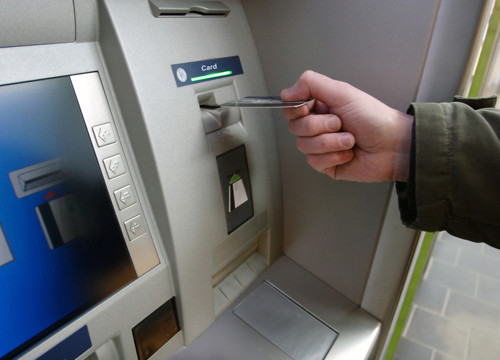December, 4, 2015

The 2016 budget proposed to charge a certain amount on withdrawals of cash from banks. This proposal stated that a charge of two per cent would be imposed on cash withdrawals of Rs. 01 million to Rs. 10 million and three per cent on cash withdrawals of over Rs. 10 million.
Accordingly, if a depositor withdraws Rs. 01 million from his/her deposits then he/she would have to pay the bank Rs. 20,000 as charges.
The Finance Minister stated that this proposal was to discourage the transport of cash.
The proposal further states that the a bank draft could be obtained instead of the cash while the charges for the bank draft should be not more that Rs. 150 for each draft.
When inquired from the Central Bank of Sri Lanka regarding this issue, a spokesperson said that they are yet to receive any instructions from the Finance Ministry.
Meanwhile, when Ada Derana Biz inquired from several commercial banks and financial institutions, they said that since a gazette notification has still not been made they still do not charge these withdrawal taxes from their customers.
Meanwhile, an official from a financial institution said that this step to discourage cash withdrawals could be taken into account not only on one off withdrawals but could be taken into account for withdrawals made during a time period of even a month.
His view is that if a depositor withdraws cash amounting to Rs. 200,000 or Rs. 500,000 or Rs. 300,000 at several instances during this fixed period, then this total withdrawal value could be taken into account for this particular tax.
However, if the withdrawal is made through a bank draft then only the charges for the particular draft has to be paid.
A bank draft is equivalent to a cheque issued by the bank. Any individual or institution could obtain such a bank draft for any payment made by them. The charges are generally around Rs. 150 for each draft.
However, since a bank draft is compulsorily a ‘crossed cheque’ the receiver also must possess a bank account.
Video Story